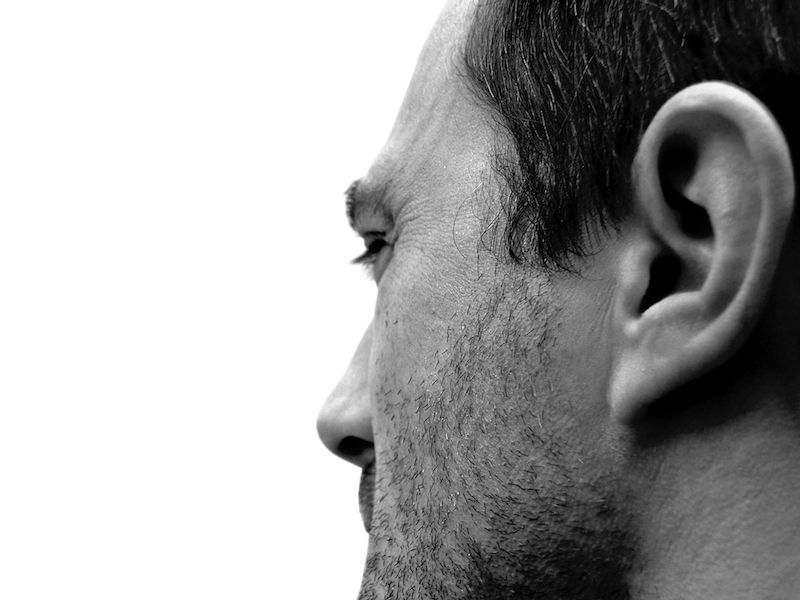
There is an inconsistency in symptoms of tinnitus; they seem to appear and disappear, often for no discernible reason at all. Perhaps you’re climbing into bed one night and, seemingly out of the blue, your ears begin to ring something fierce. No matter how much you lie there and consider the reason why you hear this buzzing, you can’t come up with any triggers in your day: There is no tangible reason why, at 9 PM, ringing starts taking place, no noisy music, no loud fire alarms, nothing.
So maybe it’s the food. We don’t normally think about the connection between food and hearing, but there’s a bit of research and evidence to suggest that tinnitus can be made worse by some foods. In order to steer clear of those foods, you need to know what they are.
Some Foods Which Trigger Tinnitus
Let’s just dive right in, shall we? You won’t want to experience a food triggered tinnitus episode so it’s important to know what foods can cause it. Certain foods to avoid may include:
Alcoholic Beverages
Alcohol and tobacco should be high on the list of items to stay away from. Alright, okay, “tobacco” isn’t actually food, but if you want to decrease tinnitus episodes (and the severity of those episodes), you’ll abstain from drinking and smoking as much as you can.
Your general health can be significantly impacted by alcohol and tobacco specifically your blood pressure. Your tinnitus is progressively more likely to flare up the more you smoke and drink
Sodium
One of the most useful predictors of tinnitus episodes is your blood pressure. When your blood pressure goes up, your tinnitus worsens. That’s why sodium should absolutely be on your list of food substances to avoid. You’ll want to substantially decrease your sodium consumption whether you put salt on everything or you just love eating french fries.
There are some foods that are surprisingly high in sodium, too, including ice cream (which you don’t typically think of as tasting particularly salty). But to avoid any sudden tinnitus episodes you will want to keep track of sodium content.
Fast Food
It shouldn’t be surprising that you should stay away from fast food if you are avoiding sodium. Even fast food places that say they are a more healthy alternative serve food that is really high in fat and sodium. And, of course, your blood pressure and your tinnitus will be adversely impacted by this type of diet. Fast food outlets also usually serve shockingly big drinks, and those drinks are mostly sugar. Which brings us to the next food you should avoid.
Sugars and Sweets
We all love candy. Well, maybe not everyone, but most of us. From time to time, you’ll come across someone who actually prefers veggies over candy. No judgment from us.
However, the glucose balance in your body can be significantly disrupted by sugar. And as you’re attempting to get to sleep at night, a little disruption to that balance can mean lots of tossing and turning. In the quiet of the night, as you lie there awake, it becomes a lot easier to begin to hear that ringing.
Caffeine
There is an obvious reason why we saved this one for last. This is the one we’re least happy about having to eliminate. But your sleep cycle can be substantially impacted if you have any caffeine later in the day. And your tinnitus is more likely to appear if you don’t get quality sleep.
It’s actually the lack of sleep, not the caffeine that’s the problem. Change over to a drink that doesn’t have caffeine in the evenings and save your caffeine for the morning.
What Are Your Smartest Practices?
This is definitely not an exhaustive list. You’ll want to speak with your hearing expert about any dietary changes you might need to make. And it’s worth bearing in mind that everyone will be affected in their own way by dietary adjustments, so it could even be worth keeping a food journal where you can keep track of what impacts you and by how much.
Going forward you will have an easier time making wise decisions if you know how certain foods affect you. When you start to track what you eat, and what happens to your ears afterward, you might start to note patterns, and that can remove some of the mystery out of your tinnitus symptoms.
If you have that last cup of coffee, at least you know what you’re dealing with.